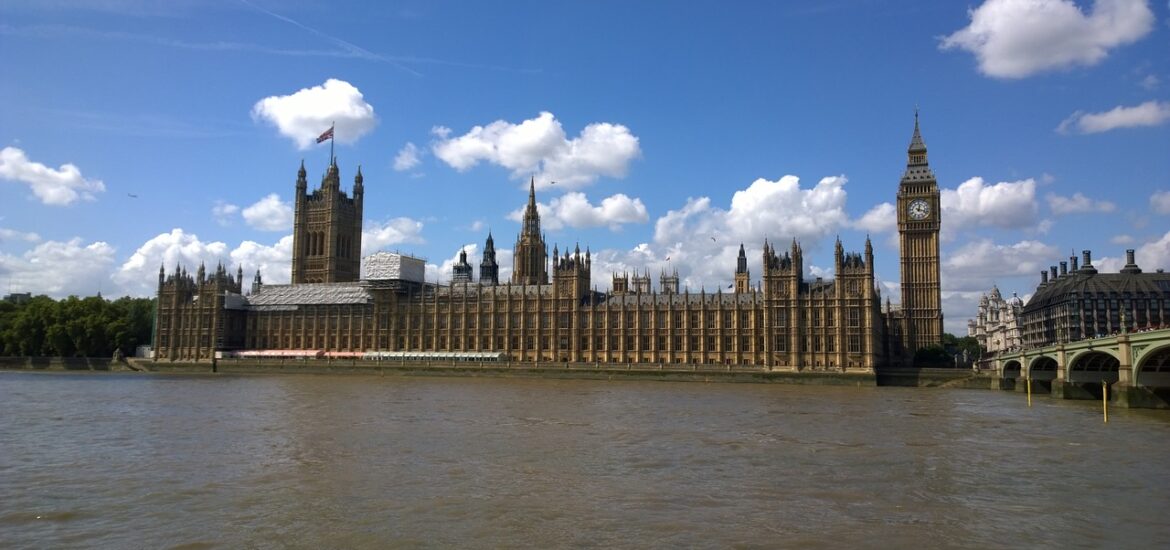Visiting the United Kingdom is a dream for many, whether it’s for tourism, business, or visiting loved ones. One of the most commonly issued visas for short stays is the UK Standard Visitor Visa (Type C). For travellers who frequently visit the UK, the multiple entry visa offers both convenience and flexibility. However, there are specific rules that must be followed — particularly the 180-day rule — which often causes confusion among applicants. In this blog, we’ll break down the Type C multiple entry visa and clearly explain the 180-day rule to ensure you stay compliant with UK immigration regulations.
What is a UK Type C Visa?
The UK Standard Visitor Visa (Type C) is a short-term visa granted to individuals who wish to travel to the UK for purposes such as:
- Tourism
- Visiting friends or family
- Attending business meetings or conferences
- Receiving private medical treatment
- Short-term study or training (up to 30 days)
This visa allows for stays of up to 6 months (180 days) per visit. Importantly, this visa does not permit work, long-term study, or access to public funds.
What is a Multiple Entry Visa?
A multiple entry visa allows the holder to enter and leave the UK multiple times during the visa’s validity period without needing to reapply for a new visa each time. Multiple entry visas are often issued with a validity of:
- 6 months
- 2 years
- 5 years
- 10 years
Regardless of the visa’s total validity, the maximum duration of stay per visit is still capped at 180 days.
The 180-Day Rule Explained
One of the most misunderstood aspects of the UK Type C visitor visa is the 180-day rule. Here’s what you need to know:
You cannot stay in the UK for more than 180 days on a single visit.
This rule is not cumulative over the validity of your visa. For example, if you have a 2-year multiple entry visa, you are still only allowed to stay up to 180 days per visit, not 180 days per year.
Example:
Let’s say you enter the UK on January 1st and leave on June 29th — that’s 180 days. You can then leave the UK and re-enter, but if it appears you’re using the visitor visa to live in the UK, immigration officers may question your travel pattern or even refuse entry.
What Does “Living in the UK” Mean?
The Home Office is strict about ensuring that the visitor visa is not used for residence. Even if you comply with the 180-day stay limit each time, returning frequently without substantial time abroad can raise red flags.
Warning Signs of Residency-Like Patterns:
- Spending more time in the UK than in your home country
- Frequent long stays close together
- Returning immediately after leaving
- Using the visa to maintain a quasi-permanent presence
Immigration officers at border control may ask:
- Why you are visiting so often?
- Where you reside permanently?
- What you do for work or family obligations at home?
If they are not satisfied, you may be refused entry, despite having a valid visa.
Tips for Staying Within the Rules
To avoid issues with your Type C visitor visa, follow these tips:
- Stick to the Purpose
Only use the visa for its stated purpose — tourism, visiting family, or short business trips. Do not work, enroll in long-term study, or engage in activities not permitted.
- Avoid Back-to-Back Visits
Allow reasonable gaps between visits. A good rule of thumb is to spend at least as much time outside the UK as you do inside it.
- Keep Evidence
Maintain a record of your travel history, return tickets, employment proof from your home country, and reasons for your visit.
- Be Honest with Immigration Officers
Answer all questions truthfully at the border. Any inconsistency may result in refusal.
What Happens If You Overstay?
Overstaying a visitor visa — even by a day — can have serious consequences:
- Future visa applications may be refused
- You could face a re-entry ban
- Deportation in extreme cases
It’s crucial to leave the UK before your permitted stay ends, even if you have a multi-year multiple entry visa.
Can You Extend a Type C Visitor Visa?
Generally, you cannot extend a Standard Visitor Visa beyond 180 days unless under exceptional circumstances, such as:
- Medical emergencies
- Travel restrictions due to unforeseen events (e.g., pandemic)
You must apply before your current stay ends, and the Home Office must be convinced of the necessity.
Summary
The UK’s multiple entry Standard Visitor Visa (Type C) offers excellent flexibility for travellers, but the 180-day rule is strictly enforced. It’s vital to understand that:
- You can stay up to 180 days per visit
- Frequent travel could lead to questions about your true intentions
- You must not use this visa as a way to live in the UK
- Always be transparent and keep evidence of your ties to your home country
If used properly, the UK multiple entry visa can be a great option for regular visitors. Misuse, however, can lead to refusals and bans. Stay informed, travel wisely, and enjoy your time in the UK without complications.
For more information you can contact UK Property Inspection Report or call us at 07500242494 / 020 3129 5156.




